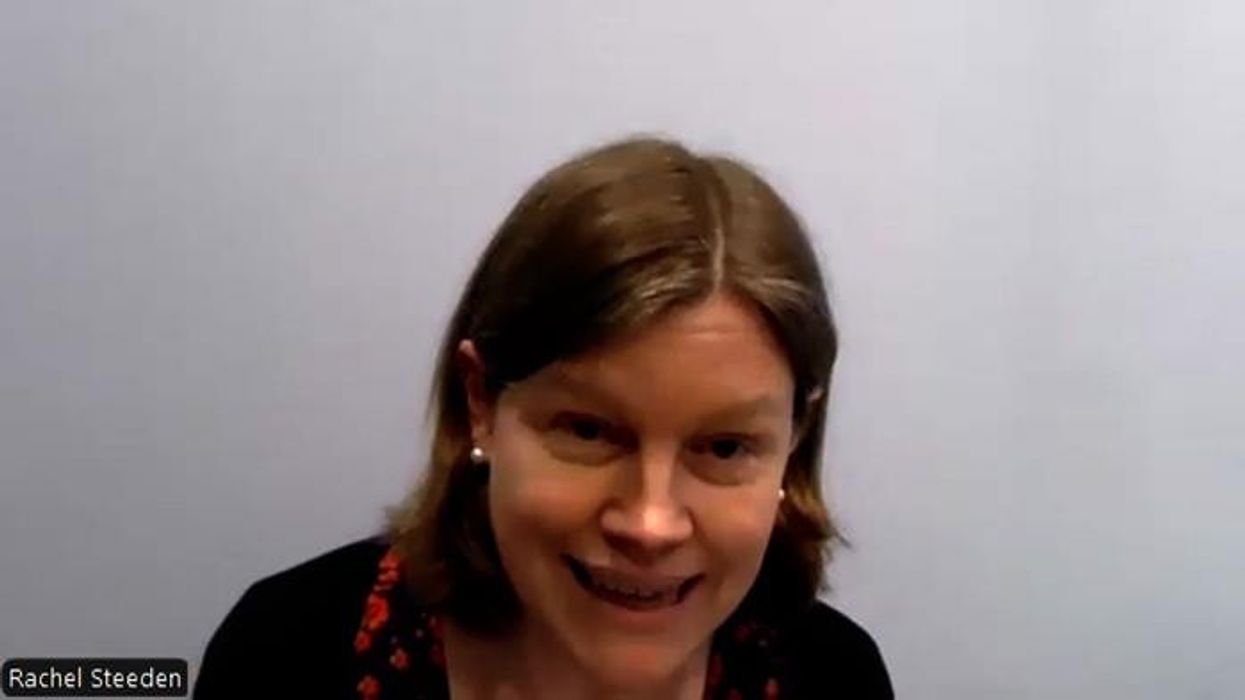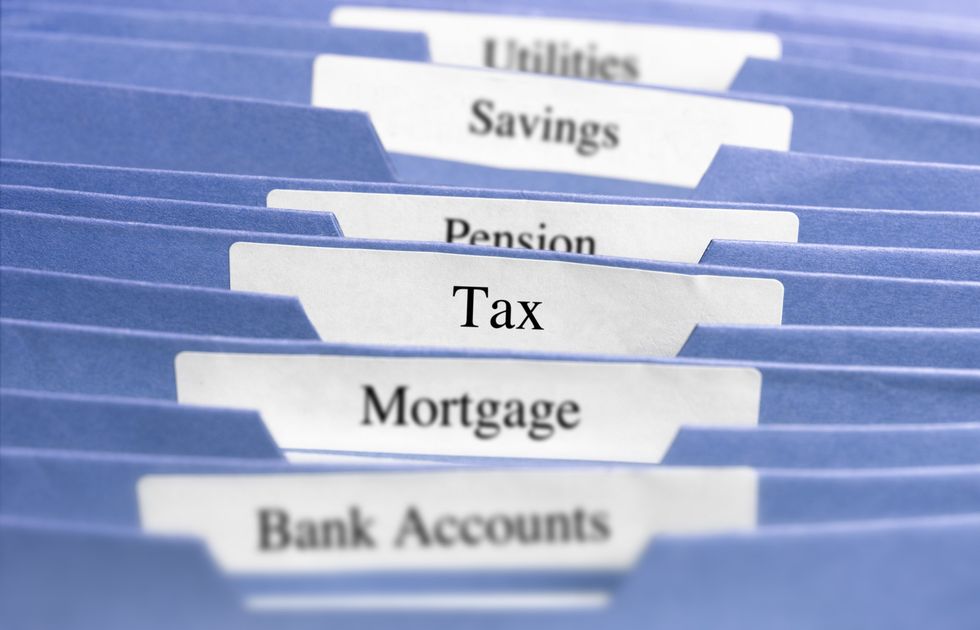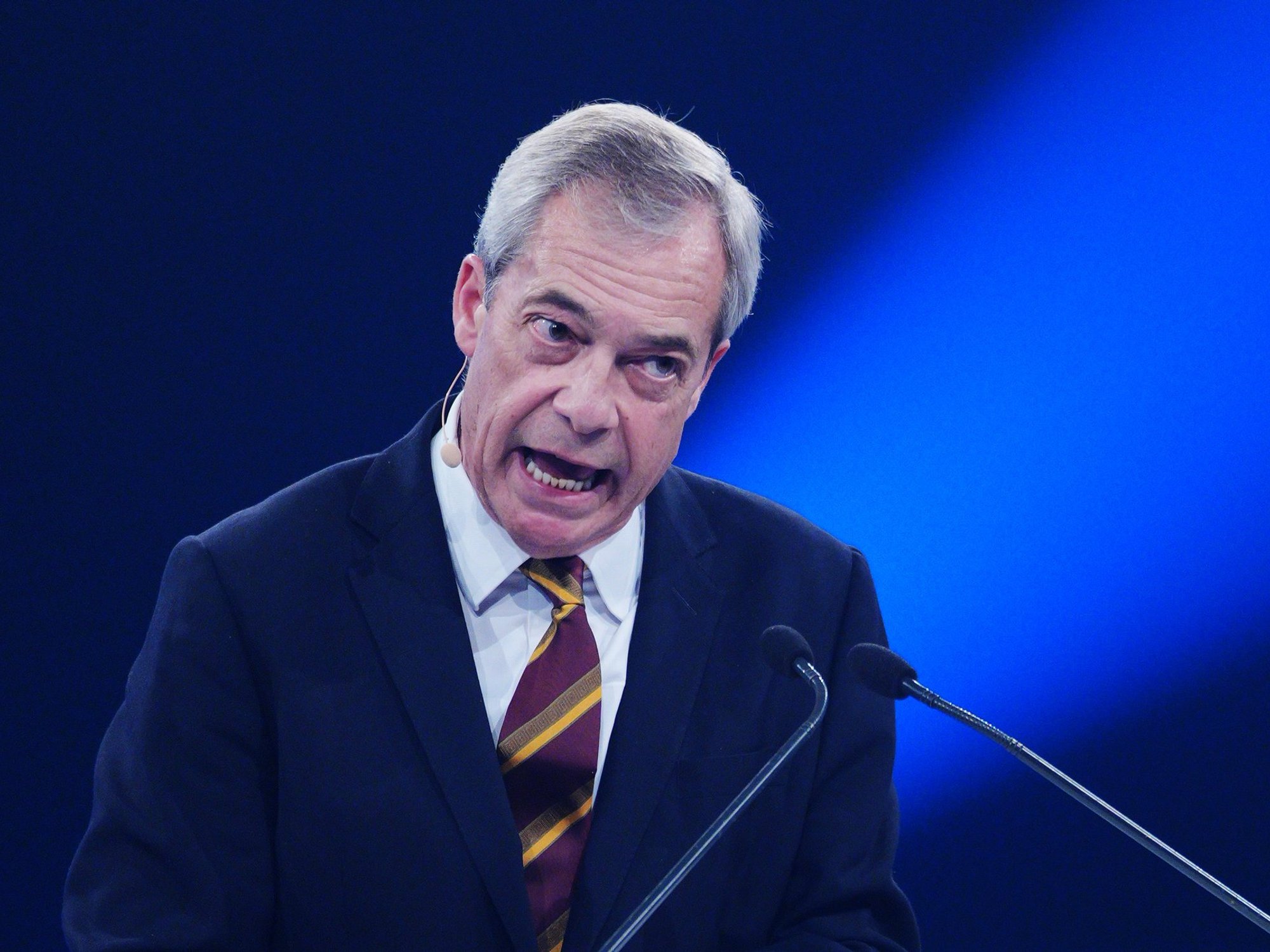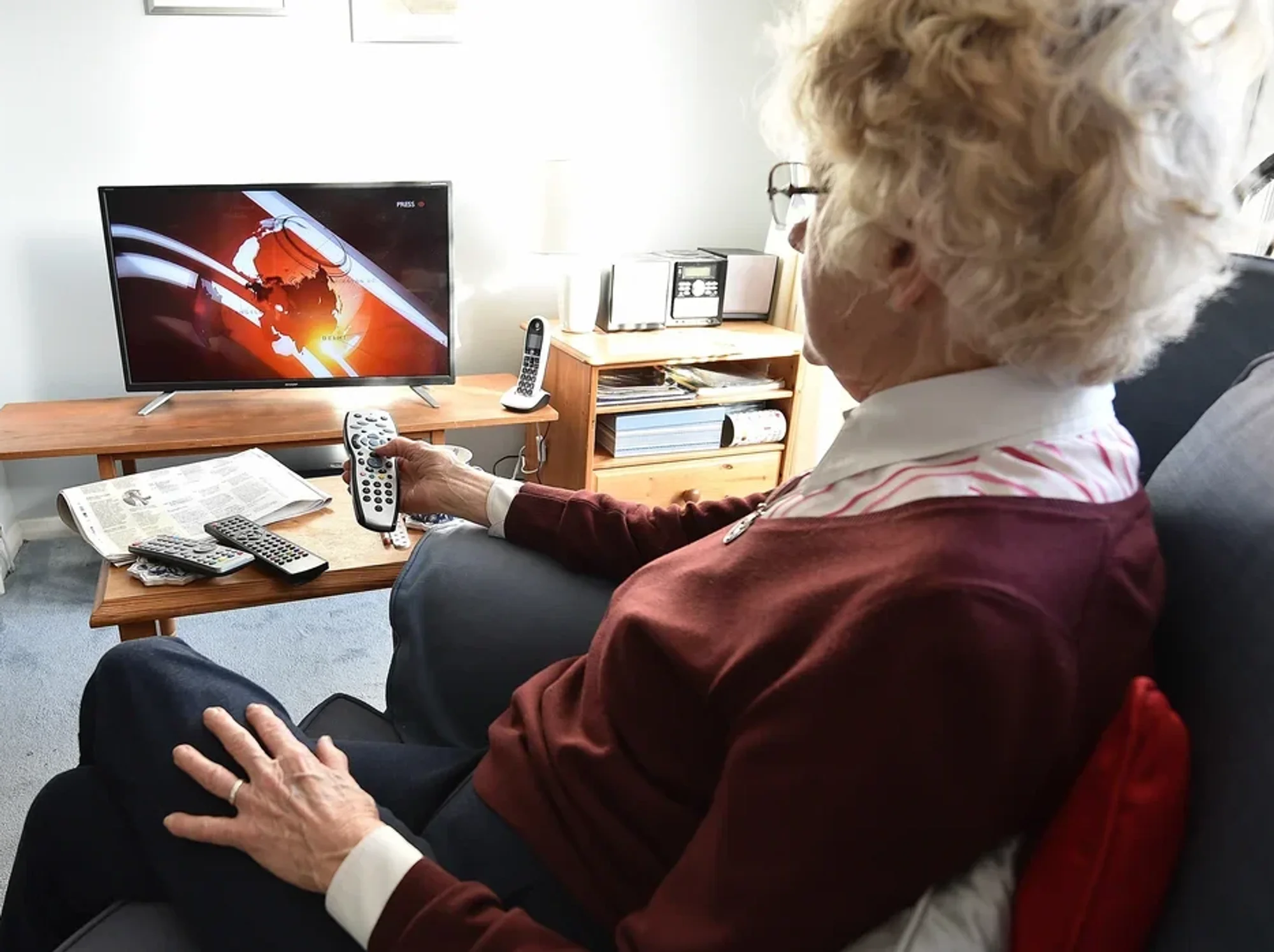Rachel Reeves under fire as 15,000 family businesses could collapse after pensions tax raid

Inheritance tax: How charitable giving can cut your bill |
GBNEWS

Thousands of family-run businesses could be pushed to the brink by upcoming tax changes
Don't Miss
Most Read
New inheritance rules are set to impose heavy financial pressures on company owners, with around 15,000 firms at risk of closure once the reforms take effect in 2027.
Chancellor Rachel Reeves's Budget confirmed that pension savings, which were previously exempt, will now be included in inheritance tax calculations, creating major new liabilities for directors who use self-managed pension schemes.
Accountants warn that the changes could result in tax bills running into millions of pounds for business owners.
The reforms will hit companies using small self-administered schemes the hardest. These pensions, often set up by family businesses and involving up to eleven members, have long been used to save for retirement and invest in commercial property.
Once the changes come into force, any funds held in these schemes will be taxed at the standard 40 per cent rate when a member dies.
If pension withdrawals are also taxed as income, families could face a combined tax rate of up to 67 per cent and, in some cases, more than 90 per cent, according to industry experts.
The changes represent a fundamental shift in how pension assets are treated after death, with retirement savings no longer enjoying their historic exemption from estate duties.
From April 2027, pension funds will be incorporated into deceased individuals' estates, subjecting them to the same death duties as other assets.
This dual taxation approach means beneficiaries must pay inheritance tax on the pension value, followed by income tax when withdrawing funds.
 Inheritance tax can be reduced by giving gifts - but rules do apply | GETTY
Inheritance tax can be reduced by giving gifts - but rules do apply | GETTY
Small self-administered schemes represent pension arrangements established by company directors
| GETTYThe six-month payment deadline for inheritance tax bills adds further pressure to affected families.
Small self-administered schemes represent pension arrangements established by company directors, allowing businesses to manage their own retirement provisions whilst investing in commercial assets.
These schemes frequently purchase properties, including premises occupied by the sponsoring company, with rental income flowing back to scheme members as part of their retirement benefits.
Directors have utilised SSAS structures for decades, viewing them as dual-purpose vehicles that support business operations whilst building retirement wealth.
The arrangements have historically offered inheritance tax advantages, enabling business owners to transfer accumulated assets to future generations without death duties.
One affected entrepreneur explained: "The SSAS provides for retirement, but the other benefit was that it was inheritance tax-free. I have two children and I thought, 'That's a great way of investing in the business, providing for retirement and providing for the retirement of my children and grandchildren.'"
A logistics company owner from northern England revealed his family faces an inheritance tax liability exceeding £10 million under the new regulations.
The businessman, who requested anonymity, has already acquired one property through his SSAS which may require forced disposal to meet future tax obligations.
He told The Telegraph: "To pay the inheritance tax bill, they'll have to probably sell property, probably at fire sale values. They're then going to have to pay any income tax on that money, 40pc or 45pc, and the 40pc inheritance tax. It's scandalous. It's daylight robbery."
A recent £6 million property investment opportunity had to be declined due to the need to accumulate cash reserves for eventual tax payments.
"Just yesterday, we had an estate agent on the phone about another property we'd looked at a few years ago. He asked if we were still interested and we said, 'Why would we?'"
Gary Smith from Evelyn Partners characterised the measures as "further punishment for those retirees who have prudently saved into their pensions throughout their lifetime, purchased a commercial property and are using the rental income to maintain their retirement lifestyle."

Smith described the changes as "also indirectly a further attack on business owners
| GETTYHe warned of severe consequences for approximately 12,500 to 15,000 small enterprises currently leasing properties from pension schemes, predicting potential job losses and business closures.
Smith described the changes as "also indirectly a further attack on business owners," citing increased National Insurance contributions and shares becoming subject to inheritance tax from April 2026.
A Treasury spokesman said: "We continue to incentivise pensions savings for their intended purpose – of funding retirement instead of them being openly used as a vehicle to transfer wealth – and more than 90per cent of estates each year will continue to pay no inheritance tax after these and other changes."
More From GB News










